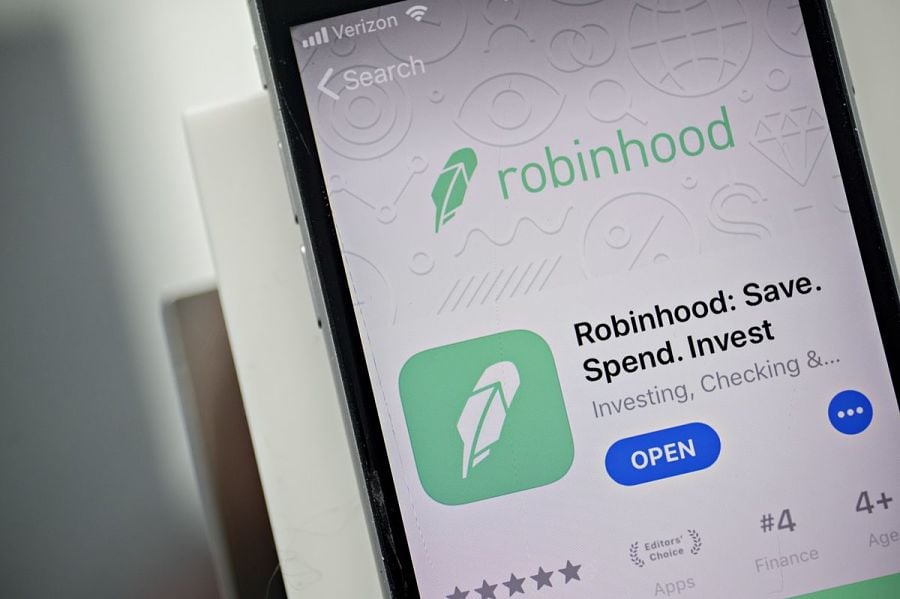

Robinhood Markets Inc. has raised fresh funding as more first-time investors sign onto the app’s simple mobile interface to trade stocks. The latest cash influx of $320 million brings the company’s most recent funding round to $600 million and values the startup at $8.6 billion.
Robinhood’s climbing price tag makes the fee-free trading app one of the most valuable startups in the country. Its small army of inexperienced traders have also become an at-times unpredictable force on Wall Street. In May, the company had already added more than three million new accounts over the course of the year, it said in a blog post, and added that half of its new customers were first-time investors.
The new funding announcement comes as Robinhood faces criticism for enabling people to make risky bets on the market. Last month, a 20-year-old Robinhood user killed himself after his account temporarily showed a negative balance of more than $700,000. After the man’s death, Robinhood said it would change its options trading platform to offer more education and made a $250,000 donation to the American Foundation for Suicide Prevention.
Existing investor Sequoia Capital led the first part of the funding round in May, joined by investors including Ribbit Capital and Unusual Ventures. On Monday, Robinhood said it had raised the additional $320 million in the round from investors including IVP and private equity firm TSG Consumer Partners. Robinhood plans to use the money to hire more employees, build new products and improve operations, it said in the blog post.
“Robinhood has made the financial markets accessible to the masses, and in turn, revolutionized the decades-old brokerage industry,” Sequoia Capital partner Andrew Reed said in a statement.

While industry statistics pointing to a succession crisis can cause alarm, advisor-owners should be free to consider a middle path between staying solo and catching the surging wave of M&A.

New joint research by T. Rowe Price, MIT, and Stanford University finds more diverse asset allocations among older participants.

With its asset pipeline bursting past $13 billion, Farther is looking to build more momentum with three new managing directors.

A Department of Labor proposal to scrap a regulatory provision under ERISA could create uncertainty for fiduciaries, the trade association argues.

"We continue to feel confident about our ability to capture 90%," LPL CEO Rich Steinmeier told analysts during the firm's 2nd quarter earnings call.
Orion's Tom Wilson on delivering coordinated, high-touch service in a world where returns alone no longer set you apart.
Barely a decade old, registered index-linked annuities have quickly surged in popularity, thanks to their unique blend of protection and growth potential—an appealing option for investors looking to chart a steadier course through today's choppy market waters, says Myles Lambert, Brighthouse Financial.
